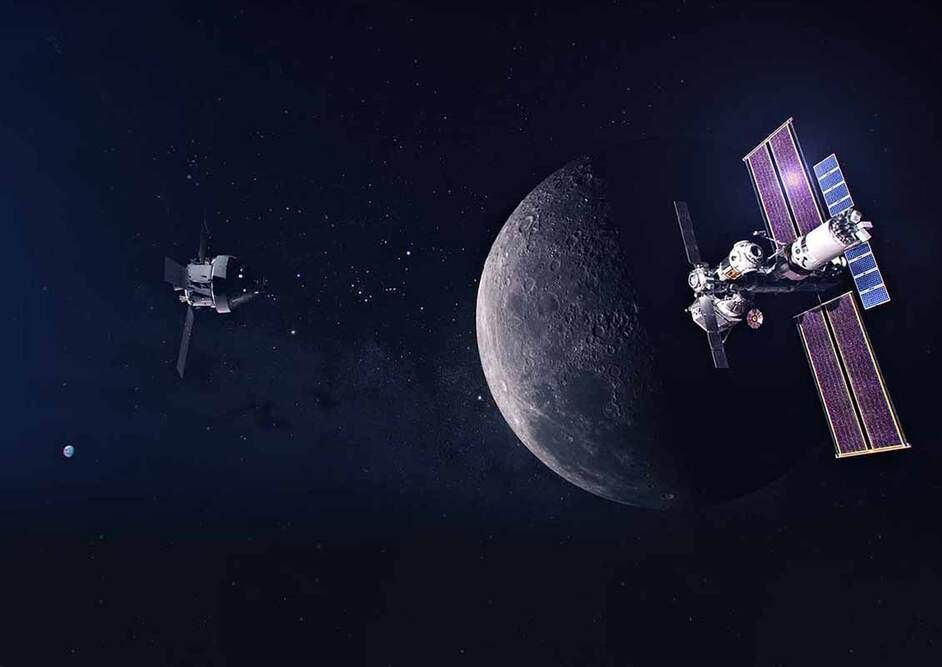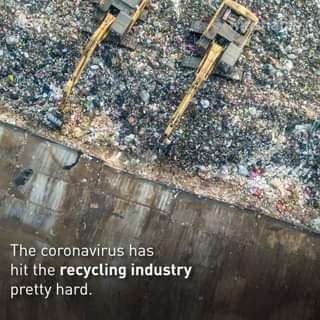Anthony Rapp (actor, Star Trek: Discovery) joins Dr. John Mather (astrophysicist), Dr. Ann Nguyen (planetary scientist), Dr. Laura Kerber (planetary scientist), and Dr. Allegra LeGrande (physical research scientist) to discuss how NASA’s research and missions help us understand how our universe, our solar system, and our Earth came to be.
Get the latest international news and world events from around the world.
InSight Live Q&A: Journey to the Center of Mars with the Lander Team
Take a trip with us to the center of Mars! NASA’s InSight Lander has detected hundreds of quakes with its seismometer since landing on the Red Planet in November 2018. Those seismic events have shed light on the crust, mantle, and core of the planet, as well as how the separate layers formed. Those findings may offer insight into how all rocky planets formed, including Earth.
Speakers:
• Mark Panning, NASA’s Jet Propulsion Laboratory in Southern California.
• Amir Khan, ETH Zurich and University of Zurich.
• Sabine Stanley, Johns Hopkins University.
The unplanned firing of Nauka’s thrusters
The “Nauka” Multifunctional Laboratory Module executed an unplanned firing of its thrusters on 29 July 2,021 starting at about 16:34 UTC, causing the International Space Station to move out of orientation. The ground controllers quickly regained attitude control and the motion of the ISS is now stable. Joel Montalbano (manager, NASA’s International Space Station Program) explains the situation.
Credit: NASA

Gate Maker
When Gene Cernan and Harrison “Jack” Schmitt climbed into their lunar module nearly 50 years ago at the end of the Apollo 17 mission, it marked the end of an era. The Apollo 17 crew would splash down in the Pacific Ocean a few days later, marking the end of humanity’s presence on the Moon for the foreseeable future. A new age of space exploration was ushered in with the launch of the first space shuttle in 1981. The shuttle program had its own set of triumphs, notably the launch and subsequent repairs of the Hubble Space Telescope. But the pursuit of so-called deep space exploration via crewed missions — including a return to the Moon — did not seem imminent, replaced instead with a series of missions involving uncrewed probes in deep space and crewed missions closer to Earth.
The idea of returning humankind to the Moon dawned again in 2,017 with the official unveiling of NASA’s Artemis program. In mythology, Artemis is the twin sister of Apollo. As the program’s namesake implies, a chief goal of Artemis is to see humans once again on the surface of the Moon, including the first woman and first person of color. NASA believes Artemis is a monumental shift in deep space exploration that, along with subsequent missions, will culminate with an achievement well beyond the lunar surface: landing humans on the surface of Mars.
But first, the Moon, and to get back there, NASA is developing an ambitious series of components designed to expand exploration of the lunar surface. It’s called the Gateway, and a Notre Dame alumnus is helping to get the lunar outpost — literally — off the ground.
How NASA flew a drone on Mars
In April, NASA’s ‘Ingenuity’ aircraft made history when it became the first drone to take-off, fly, and land in the atmosphere of another planet. Watch Anderson Cooper fly the terrestrial version: https://www.cbsnews.com/news/nasa-drone-mars-60-minutes-2021-08-01/
How Do Starlink Satellites Navigate To Their Final Operational Orbits
When SpaceX deploy batches of Starlink satellites they drop them off in lower orbits and expect the satellites themselves to navigate towards their final operational orbits. This is quite a complex process and one that’s worth discussing, the satellites need to be able to reach the target orbital plane, raise the orbit to operational altitude, and then finally maneuver to a specific slot within that plane before they become operational.
Satellite Orbital Maps by Celestrak.
https://celestrak.com/
Starlink Map by Mike Puchol.
https://starlink.sx/
Deployment plots by Elias Eccli.
https://www.youtube.com/c/EliasEccli
On the Shoulders of Giants: Steven Weinberg and the Quest to Explain the World
Nobel laureate Steven Weinberg was one of the world’s foremost theoretical physicists and a passionate advocate for science. Among his many influential contributions is the co-discovery of the electroweak theory that unifies electromagnetism and the weak nuclear force, a central pillar in the Standard Model of Particle Physics. Join Brian Greene and physicist John Preskill as they pay tribute to Steven Weinberg and his profound contributions to science.
This program is part of the Big Ideas Series, made possible with support from the John Templeton Foundation.
Starbase Tour with Elon Musk [PART 2]
Join me as I take a tour of SpaceX’s Starbase facility with Elon Musk as our tour guide! This is part 2 of 3 so stay tuned, there’s another one coming!
If you need some notes on this video with key points, check out our article — https://everydayastronaut.com/starbase-tour-and-interview-with-elon-musk/
Need a rundown on Starship? I’ve got you covered with our “Complete Guide to Starship“
https://youtu.be/-8p2JDTd13k.
00:00 — Intro.
00:45 — Tent 1 // Raptors.
05:00 — Failure and the Space Shuttle.
08:35 — Launch Escape Systems.
10:50 — Tent 2
13:00 — Heat Shield Talk.
16:20 — 1st Orbital Test.
26:26 — Tent 3 // Nose Cones.
37:40 — S20 Nose Cone // Reentry.
51:00 — 69.420
54:00 — Grid Fin talk / Control Authority.
59:55 — Outro.
Want to support what I do? Consider becoming a Patreon supporter for access to exclusive livestreams, our discord channel and subreddit! — http://patreon.com/everydayastronaut.
Extra special thanks to our Mission Directors! — Nam Nguyen, iluli by Mike Lamb, Scott Ferreira, Phil Easter, Peter Jordan, Nick Williams, Tyler Silcott, Mark Krieger, Roger Oldfield, PEDER HALSEIDE, Roberto Cordon, Benjamin Holland, Scott Maley, Robin Haerens, Rob Nunn, James and Becky Carter, Tim Engle, Taron Lexton, Chris Meleg, Corey Coddington, Chris LaClair, Peter F Maher, Steve Kemp, Vincent Argiro, Lars Nielsen (Denmark), IMAJIN, Nick 0 David A. Greer, Frans de Wet, Chad Souter, Sam Fisher, Arthur Carty, Lawrence Mansour, DLB, Chris Dibbs, David Glover, Max Haot, Ares Lovlyn, John Malkin, TTTA 0 Seth Pascale, Jared smith, Simon Pilkington, Héctor Ramos, Alejandro 0 Tomdmay 0 Mac Malkawi, Manalope 0 Tristan Edwards, NSS North Houston Space Society.

